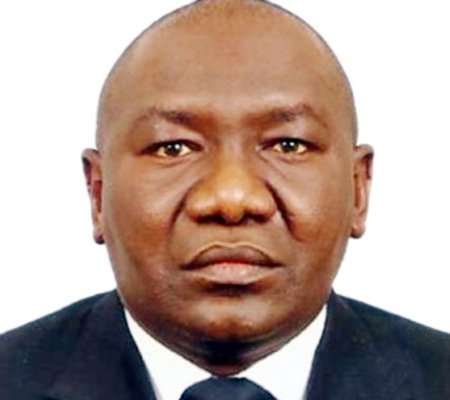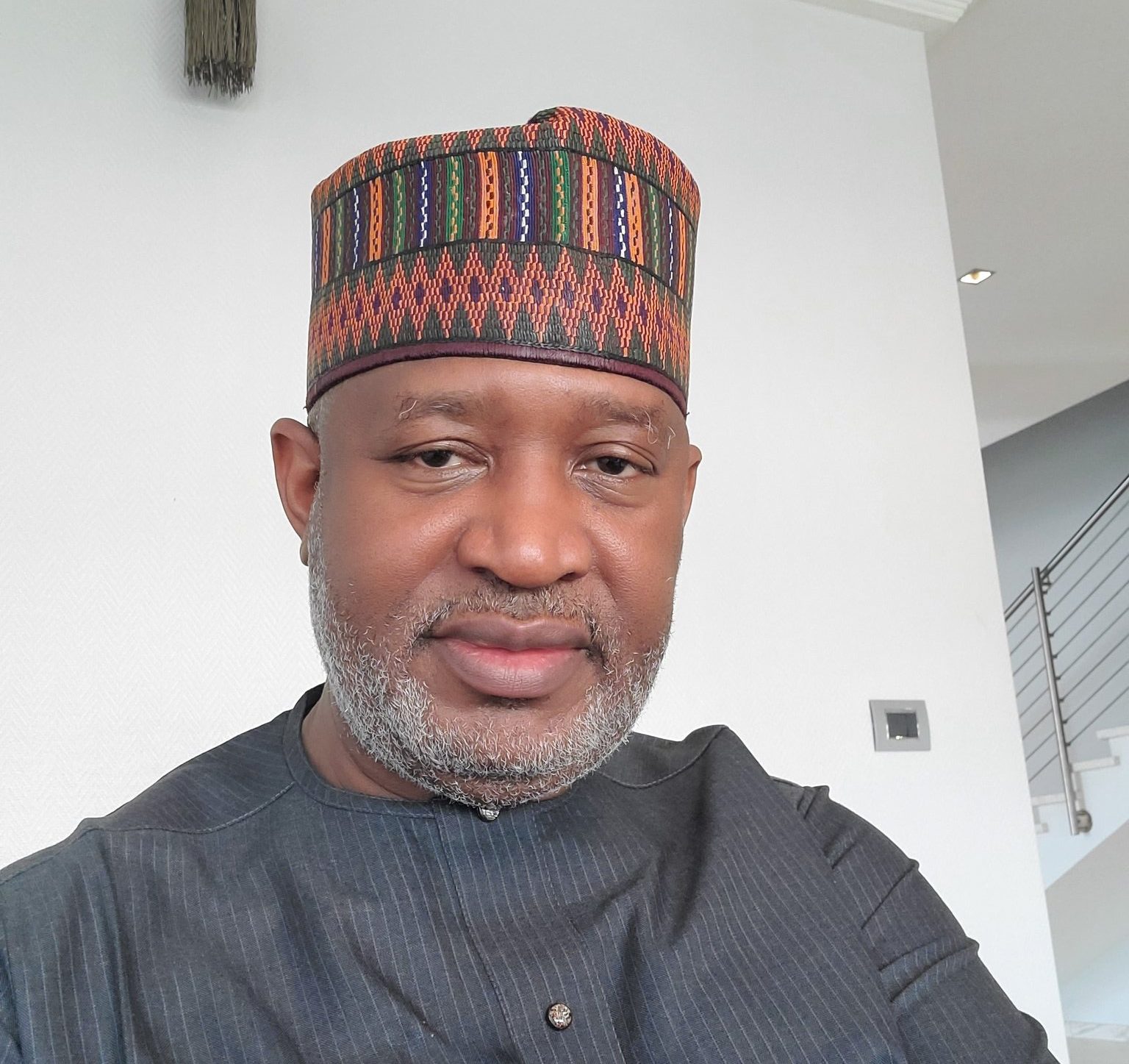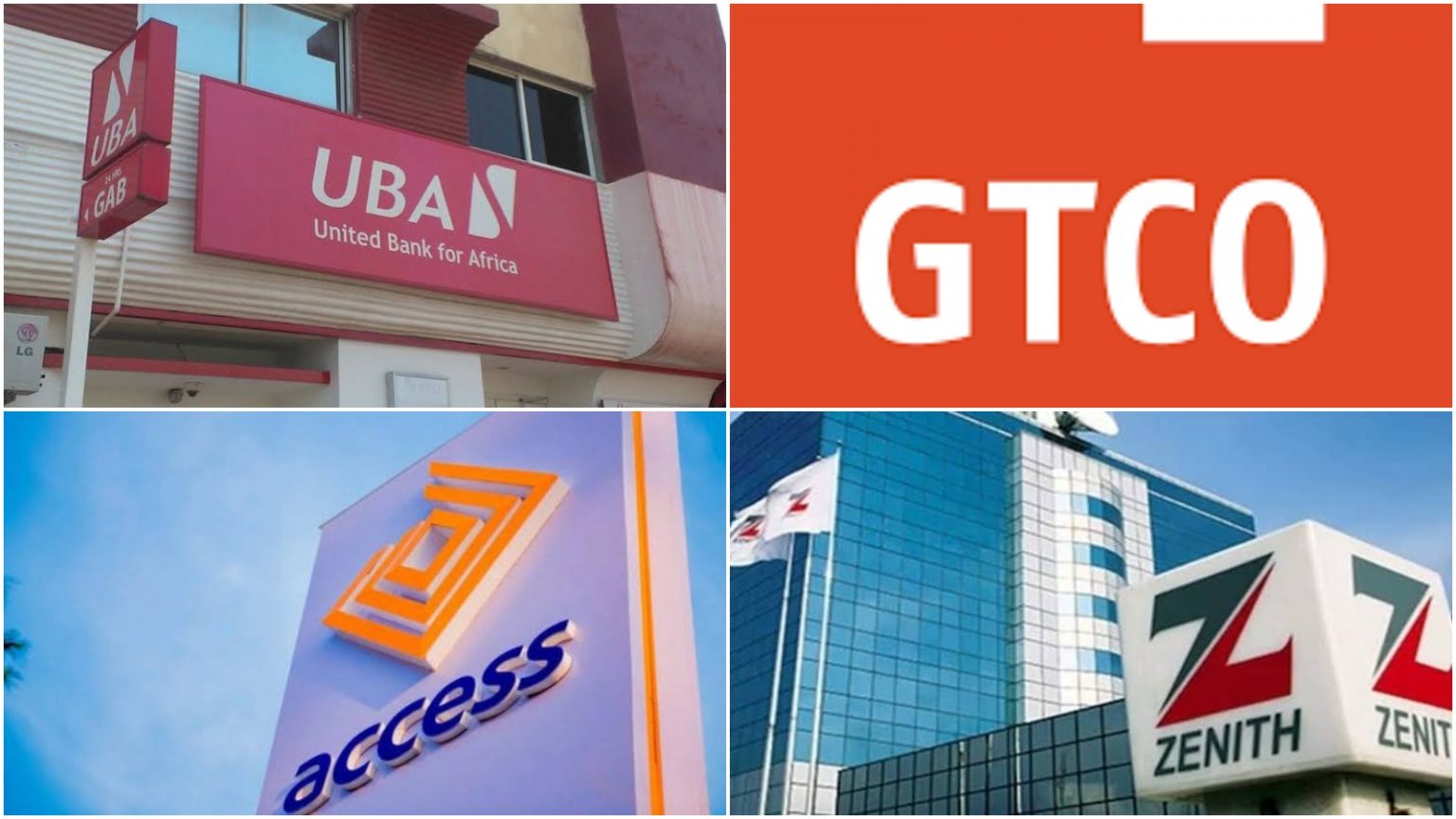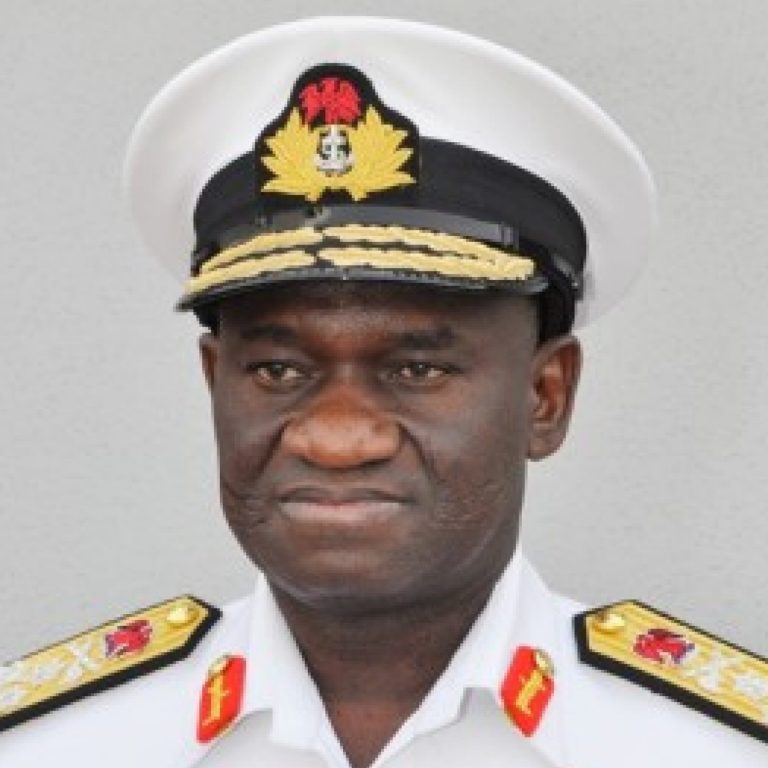In a 2014 interview of former British High Commissioner to Nigeria, Dr. Andrew Pocock, this writer confronted the senior envoy with the discernible disparity Shell Petroleum Development Company of Nigeria displayed with respect to global best practices in its operations in the Niger Delta region in contrast with British oil exploratory and extraction activities in the North Sea.
It should be interesting to get Dr. Pocock’s reaction to the current energy sector controversy where Aiteo Eastern Exploration and Production Company Limited has sued Shell, seeking over $2.5 billion compensation over the latter’s seemingly dodgy sale of two Marginal Fields in Oil Mining Licence (OML) 29, before it eventually sold to Aiteo without full disclose of that information. Instead, it priced the two fields as part of the whole package for sale to Aiteo.
In its court action dated July 27, 2021, Aiteo accused Shell of selling two Marginal Fields – Kugbo West and Okiori to it when it, “knew or ought to have known that the defendant had handed over the wells to the Federal Government of Nigeria\Nigerian National Petroleum Corporation for which the defendant received valuable consideration in or about 2009 prior to the agreement for assignment.
In a suit, FHC/ABJ/C8/738/2021, dated July 27, 2021, and filed before a Federal High Court in Abuja, by its lawyer, Kemi Pinheiro (SAN), Aiteo is claiming that the defendant breached a fundamental term of the agreement for assignment dated October 17, 2014, as set out in schedule 1 part 3 – wells, in relation to the Kugbo West and Okiori oil wells listed in schedule 1 of the agreement for assignment.
Aiteo accuses Shell of failing to fully disclose the true nature of the oil wells to it, at the time of the sale, despite receiving the full payment for the transaction and alleged “fraud, deceit, and misrepresentation” in the sale.
A budding crisis emerged immediately Aiteo discovered that the Shell, from whom it bought the OML 29 in 2014, had transferred the Kugbo West and Okiori Marginal Fields to the Department of Petroleum Resources (DPR) without disclosing this during the negotiations that led to the purchase of the asset.
Shell was the legal and beneficial holder of a 30 per cent undivided participating interest in OML 29, which is part of the undivided percentage interest held by the defendant in conjunction with TEPING, NAOC, NNPC amongst others.
Prior to the assignment of the lease to Aiteo, Shell as the operator of OML 29 published Information Memorandum in October 2013 wherein it invited bids from interested entities for the acquisition of their joint undivided 45 percent participating interest in OML 29. The plaintiff (Aiteo) claimed it did not only join others to bid for OML 29 but emerged successful.
“As consideration for the agreement, the plaintiff made the following respective payments of; $220,000,000.00 as deposit pending the negotiation, completion and execution of the transaction documents and relevant agreements and the balance of 2,130,000,000.00 upon the execution of the transaction and acquisition documents and the agreement,” it stated.
The plaintiff further averred that based on the agreement for assignment dated October 17, 2014, the defendant in conjunction with TEPING and NOAC as Assignors transferred to it their entire participating interest in OML 29 together with the rights, interest, obligations thereto and in the process purportedly also transferred their participating interest in the wells, “when they knew or ought to have known that they had surrendered and given the wells to the NNPC/ the federal government about five years earlier for valuable consideration”.
While Aiteo claimed its bid for the acquisition of OML 29 was based upon a complete reliance on the representations in the electronic data room information, IM and the Agreement, particularly as they concern the wells contained within OML 29, it noted that issues came up in 2020 when it wanted to commence work on the assigned wells.
“The plaintiff found that the wells had been earlier, re-conveyed by the defendant to the NNPC on or about 2009,” it added.
According to a miffed Aiteo, re-conveyance of the wells were done (ostensibly by way of offsetting the defendant’s incurred liabilities to the NNPC under the JOA operated by the defendant, adding that the wells were then offered to prospective buyers during the just concluded 2020 bid round conducted by the Department of Petroleum Resources.
“In the circumstances therefore, the plaintiff avers that the representations made by the defendant as aforesaid were made falsely, deceitfully and fraudulently with the intention of depriving the plaintiff the full benefit of the assets and the undivided 45 percent participating interest in the wells,” it claimed.
Plaintiff further claimed that as a result of the deceit, its expectations as it relates to the wells can no longer be achieved and that its financial position has been severely and adversely impacted upon.
Aiteo further averred that its inability to fully repay its alleged indebtedness to its financiers was directly attributed to the wrongful actions of Shell. While claiming that it paid the sum of $46.2 million for the wells, Aiteo argued that if the money had been invested in other business ventures at the rate of 9.9 per cent interest rate per annum from 2014 till the commencement of the suit it would have yielded an additional sum of $52 million. The energy sector giant and local content champion therefore claimed that it is entitled to a refund of $99 million.
It also argued that although by clause 25 of the agreement, disputes emanating from the said agreement ought to be resolved through arbitration but since the fraudulent misrepresentation of the defendant goes to the root of the agreement to the sales of the wells it cannot be entertained or determined by an arbitration tribunal.
Aiteo is therefore praying the Federal High Court to order Shell to refund it the sum of $46.2 million as payment attributable to Kugbo West and Okiori oil wells being money it had received for a consideration which has totally failed.
The company is also asking for another sum of $52 million being the interest that ought to have accrued on the sum paid on the two wells. While it is claiming the sum of $500,000 general damages, it is also seeking the payment of $2.1 billion as the amount it would have derived from the sales of 32,000,000 barrels of crude oil and other petroleum products from the Kugbo West and 41,000,000 barrels of crude oil and other petroleum products from Okiori wells.
It would be recalled that in 2015, Shell reported that it had completed the assignment of its interest in oil OML 29 and the Nembe Creek Trunk Line (OML29 and NCTL) to Aiteo in total cash proceeds of some $1.7 billion. It stated that the divestment was part of the strategic review of SPDC’s onshore portfolio and in line with the federal government’s aim of developing Nigerian companies in the country’s upstream oil and gas business.
OML29 covers an area of 983 square kilometres and includes the Nembe, Santa Barbara and Okoroba fields and related facilities and has a capacity of 600 thousand barrels per day.
It could be recalled that in February this year, a Federal Court in Lagos, had issued an injunction barring Shell subsidiaries from withdrawing money in 20 local banks until it ‘ringfences’ potential damages in a lawsuit brought against the oil major by Aiteo.
In that particular case, Aiteo was seeking about $4 billion in total claims against Shell, alleging that Shell undercounted its oil exports through deliberate improper metering of the Nigerian company’s oil exports from the Bonny Light terminal.
Looking at the big picture, Shell’s curious move spawns several posers, especially against the background that Aiteo is the biggest indigenous player and foremost local content champion for the strategic energy sector in Nigeria. Volatilities and instability, driven by the new Euro-American new nationalism and protectionism have been injected into the energy sector. Worse, this scenario has hardly been helped by the COVID-19 pandemic that roiled the planet.
In concert, these conditions have prostrated many global companies and could trigger seismic shocks that could endanger Aiteo itself.
A broad range of concerned stakeholders are asking – why should Shell have transferred the Kugbo West and Okiori Marginal Fields to the Department of Petroleum Resources (DPR) without disclosing this during the negotiations that led to the purchase of the asset?
Why should Shell fail to fully disclose the true nature of the oil wells to Aiteo, at the time of the sale, despite receiving the full payment for the transaction?
The whole devious script apparently unravelled when a letter dated September 16, 2021, and titled, ‘2020 Marginal Field Bid Round Award Of Kugbo West Marginal Field Located in OML 29 from 7 Waves Petroleum Limited, informed Aiteo that a section of the controversial OML 29 now belongs to 7 Waves, courtesy of the 2020 Oil Bid Round conducted by the Department of Petroleum Resources (DPR). The letter was signed by Daniel Alabi, Managing Director, 7 Waves Petroleum Limited.
Aiteo had earlier received the rude shock when DPR notified it of the new development in a letter dated August 3, 2021 and signed by Edu Inyang for Director/CEO, DPR.
Despite Dr. Pocock’s denial of disparity in global best practices by Shell vis-à-vis what is obtained in North Sea oil exploration, it would be recalled that Shell suffered a huge legal blow earlier in the year, as a court in The Netherlands, compelled it to compensate two Nigerian farmers for damages over 2004/2005 oil leaks.
Shell has also been mired in a missing crude oil scandal by the local regulator, the Department of Petroleum Resources (DPR) through an illicit metering system, which it allegedly deployed to under-declare crude extraction and cheat local operators.
As things stand, the ball is in the court of law.
By: Tolu Adeyinka


 Society6 years ago
Society6 years ago
 Society3 years ago
Society3 years ago
 Society3 years ago
Society3 years ago
 News and Report5 years ago
News and Report5 years ago
 News and Report6 years ago
News and Report6 years ago
 News and Report5 years ago
News and Report5 years ago




















